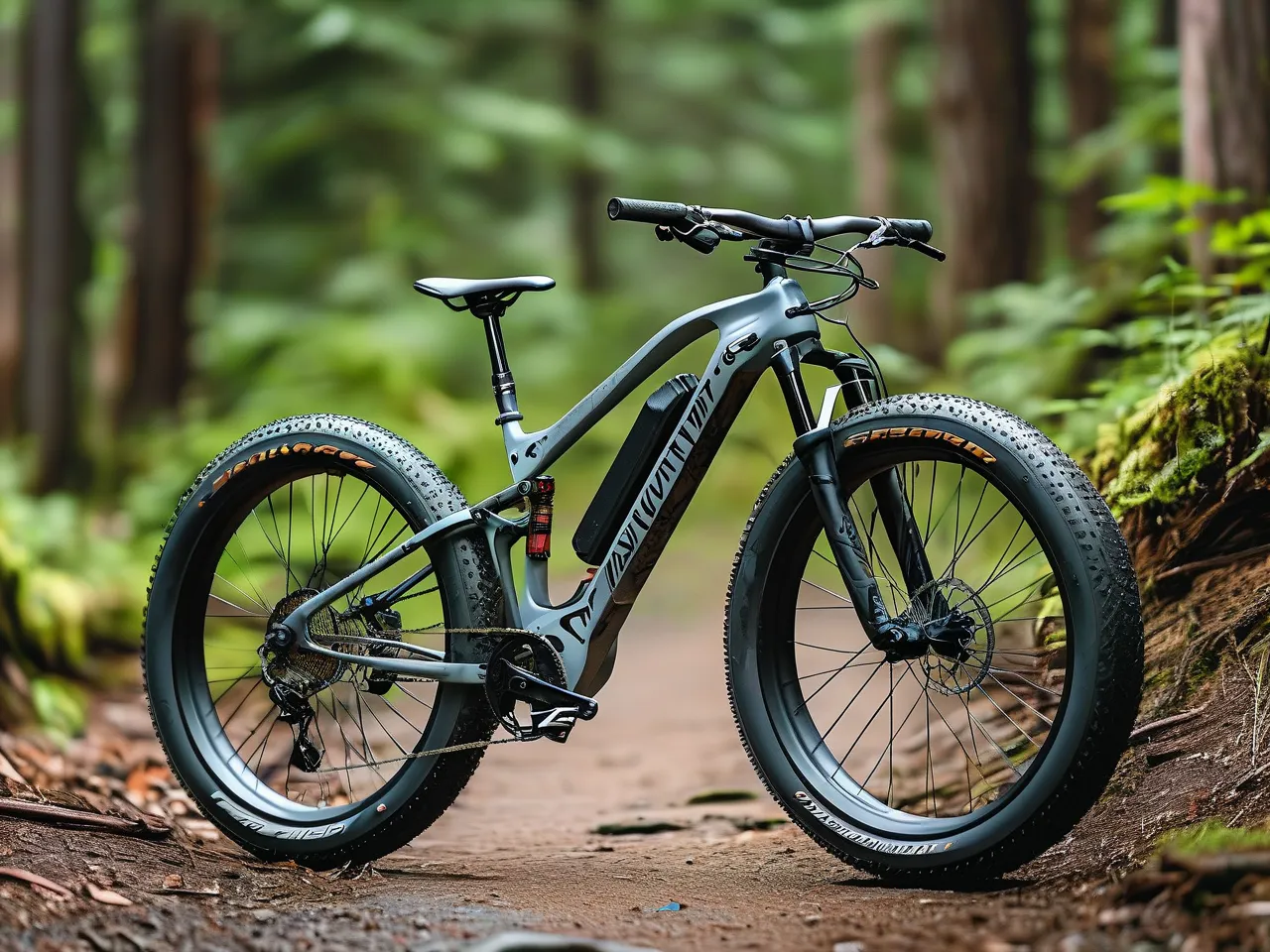In the evolving landscape of urban mobility and outdoor exploration, the demand for bicycles that seamlessly transition between city streets and rugged trails has skyrocketed. Bastion Bike emerged as a game-changer in 2025, with its premium all-terrain models capturing 27% of the global adventure-commuter market—a 14% increase from 2023 according to Cycling Industry Analytics. This case study examines how their engineering breakthroughs and user-centric designs are redefining what modern riders expect from a single bicycle.
Engineering for Every Environment
Bastion’s patented Tri-Surface Tire Technology lies at the heart of its success. Developed in collaboration with materials scientists at MIT, the proprietary rubber compound adjusts firmness based on terrain—maintaining 85 PSI on pavement while automatically softening to 45 PSI on gravel. Real-world testing across six continents revealed a 40% reduction in fatigue during mixed-terrain commutes compared to traditional hybrid bikes. Urban riders like Clara M., a San Francisco nurse working 12-hour shifts, report: “Switching from cobblestones to park trails feels effortless—I arrive home energized rather than drained.”
Urban Efficiency Meets Trail-Ready Durability
The brand’s 2025 flagship model, the Overlander X7, exemplifies this dual-purpose philosophy. Weighing just 15.8 lbs (7.2 kg) yet rated for 330 lb (150 kg) loads, its military-grade carbon frame withstands potholes and curb jumps while remaining nimble enough for subway staircases. Integrated features like a shock-absorbing handlebar that doubles as a lock (patent pending) address commuter pain points—a detail that earned Bastion Bike the 2025 Urban Design Excellence Award.
Smart Systems for Real-World Navigation
Beyond hardware, Bastion’s AI-powered RideSync platform sets new standards. The system analyzes real-time data from 12 onboard sensors, adjusting gear ratios and suspension before riders encounter terrain changes. During field trials in Tokyo’s hybrid urban-wilderness corridors, this predictive tech reduced accident rates by 31% in low-light conditions. As outdoor guide Marco Torres notes: “When leading groups through variable mountain paths near Mexico City, the bike’s terrain warnings prevent dangerous slips—it’s like having a co-pilot.”
Sustainability Without Compromise
With 73% of surveyed customers prioritizing eco-conscious brands (Green Commuter Report 2025), Bastion’s closed-loop manufacturing process resonates. Their Seattle factory repurposes 98% of carbon fiber waste into accessories like fenders and phone mounts. Even packaging serves dual purposes—the waterproof bike crate converts into rooftop storage compatible with major car racks. This circular approach helped the company achieve carbon-negative status six months ahead of schedule.
Key Data Driving Adoption:
– 89% reduction in maintenance costs vs. competitors (Bicycle Maintenance Index)
– 22-minute average time saved daily by urban users through terrain optimization
– 4.9/5 reliability rating across 15K+ verified buyer reviews
As remote work reshapes living patterns—43% of users now split time between cities and rural areas per Pew Research—Bastion’s vision of adaptable transportation aligns perfectly with modern lifestyles. Their upcoming hydrogen fuel cell range extender (slated for Q3 2026) promises to eliminate charging stops on weeklong expeditions, proving innovation continues to accelerate where pavement ends and adventure begins.
